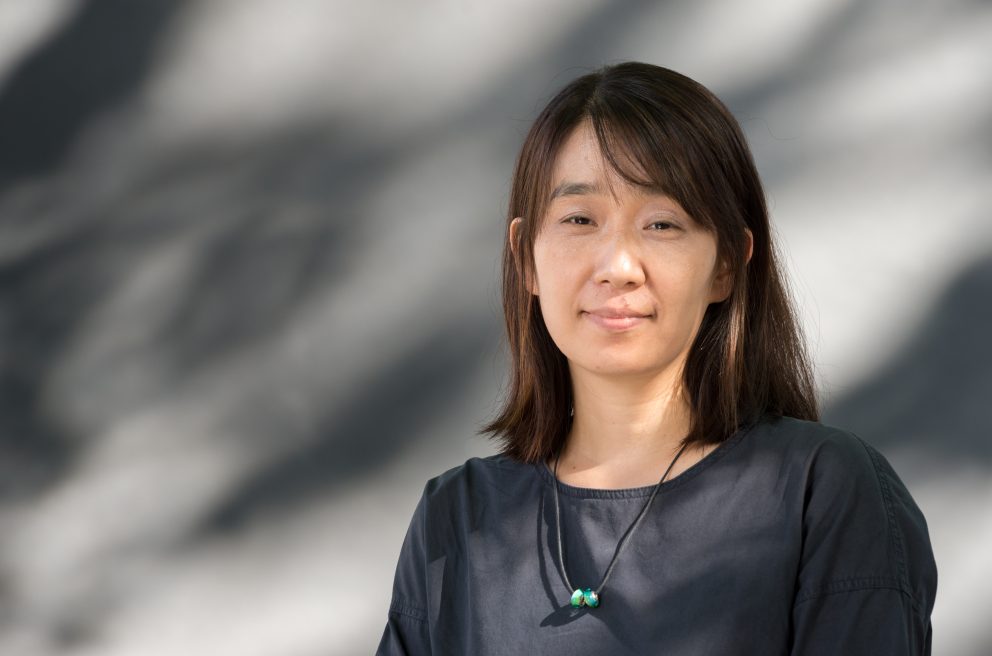The central government has officially announced the appointment of Justice Sanjeev Khanna as the 51st Chief Justice of India, with his tenure beginning on November 11, 2024. His appointment follows the scheduled retirement of Chief Justice DY Chandrachud, who will step down on November 10.
A notification from the Ministry of Law and Justice confirmed the development, citing that the President, exercising powers under clause (2) of Article 124 of the Constitution, appointed Justice Khanna. Currently serving as a Supreme Court judge, Justice Khanna will now assume the top judicial position in the country.
Union Law Minister Arjun Ram Meghwal shared the news on social media, stating, "In exercise of the powers conferred by the Constitution of India, the President, after consultation with the Chief Justice of India, has appointed Justice Sanjeev Khanna as the Chief Justice of India, effective from November 11, 2024."
The transition marks a pivotal moment for the judiciary, as outgoing Chief Justice Chandrachud personally recommended Justice Khanna as his successor. Being the second-most senior judge in the Supreme Court, Justice Khanna is expected to serve for six months, concluding his term in May 2025.
Born on May 14, 1960, Justice Khanna embarked on his legal career in 1983, registering with the Bar Council of Delhi. He initially practiced in district courts, gradually shifting to the Delhi High Court, where he gained experience across diverse legal fields—ranging from constitutional law, taxation, and arbitration to environmental law, medical negligence, and corporate disputes.
Throughout his career, Justice Khanna has held several key positions. He served as senior standing counsel for the Income Tax Department and represented the National Capital Territory of Delhi as standing counsel. Additionally, he acted as an Additional Public Prosecutor and frequently served as amicus curiae in complex legal matters at the High Court level.
In 2005, he was elevated as an Additional Judge of the Delhi High Court and confirmed as a Permanent Judge the following year. His ascent to the Supreme Court on January 18, 2019, stood out, as he was appointed despite being 33rd in national seniority. The Supreme Court Collegium, led by then-Chief Justice Ranjan Gogoi, recommended his elevation, citing his merit and integrity over seniority, a move that drew significant attention at the time.


